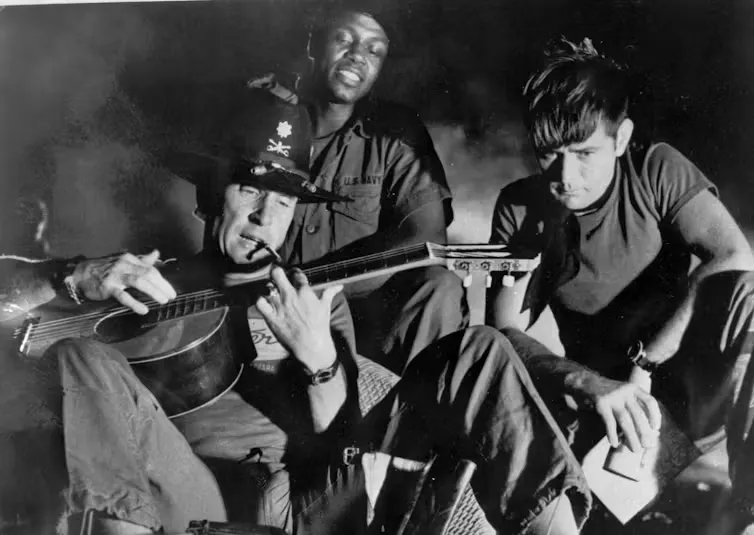Table of Contents
Mike Butler
Mike Butler is the author of The First Colonist and The Treaty – Basic Facts and Treaty Transparency
Let’s be honest about treaty settlements for a few minutes. The table below shows that around $4.6 billion has been largely paid as financial redress for alleged breaches of the treaty by the Crown all the way back to 1840.
The Maori Party, rebranded as Te Pati Maori, looks angrier than ever. That raises the question of whether anything has actually been settled.
107 settlements total $4.6B pdfDownload
Sir Geoffrey Palmer was the person who thought investigating grievances back to 1840 was a good idea so, as Justice Minister, had the law changed to do just that. That was in 1985. He declared that there might be a bit of grumbling and it might take a decade to get through but, at the end of the day we would all be better off, or words to that effect.
In 2016, as part of an audience in Hastings where Sir Geoffrey was promoting his treaty constitution book, I put it to him that he had said it would take ten years and here we are, thirty years later, and it is still going on.
His retort, in his big booming voice, was along the lines of “aren’t we a great little country that has the courage to face up to the sins of our past”.
If you look at the table above, you can see two tribal groups, Waikato-Tainui and Ngai Tahu, have ongoing settlements. Why would that be?
The answer goes back to another politician, another Sir, this time Sir Douglas Graham, who went along with “the bright idea” that, since these groups are settling early, and because of inflation, and since those groups that settled later would get more money, a percentage cut of those later settlements would be a sufficient sweetener to get these two big early settlers over the line.
Courtesy of that bright idea, both Waikato-Tainui and Ngai Tahu had initial settlements of $170 million, but the ongoing “relativity payments” are, so far, more than double the initial payment and there are further negotiated payments resulting from disputed amounts.
Substantial public grumbling prompted the National Government, of which Sir Douglas was Justice Minister, to state that total settlement payments would be no more than $1 billion.
That prompted further substantial grumbling, this time from tribal treaty settlement stakeholders, and the Government went along with a no-limit credit card approach, with the $1-billion figure remaining as the trigger for the ongoing payments for the big two early settlers.
As you can see from the table, the $1 billion trigger was pulled in 2012.
Anyway, what are the grievances that these massive settlements are supposed to be settling?
Ngai Tahu is the South Island tribe, their numbers being so few in 1840 that some thought it was uninhabited.
People associated with Ngai Tahu (or Kai Tahu as they call themselves) sold most of the South Island in ten deals over twenty years.
If you read the Waitangi Tribunal’s Ngai Tahu Report 1991, the Ngai Tahu’s actual grievance is that they want more money and their entire history since 1840 has been one of pestering successive governments to achieve that goal.
How about Waikato-Tainui; what was their grievance?
The Waikato-Tainui grievance is that they were defeated in armed conflict in 1864 after a series of battles drove them back into the Maori King Country.
Successive Maori king movement leaders never gave up on the goal of being the King of New Zealand and it looks like the current Maori king has the same goal.
Waikato-Tainui had substantial areas of land confiscated as a consequence of their rebellion in 1860.
This was not a treaty breach. This was a consequence of losing in armed conflict.
At that time land confiscation was the undisputed right of a conqueror and was a key element of Maori tikanga.
A new book titled Who really broke the treaty? revisits the history that the Waitangi Tribunal has spent so much time and money revising and has brought us back to basics. And those basics are that successive governments, while they didn’t always make the best decisions, actually never broke the treaty. The treaty breaches are all on the other side.
So if there are no breaches, what is the compensation being paid for?
Another new book titled The British Empire – a force for good notes that a key element of decolonisation in African countries is looting by a strong man who has seized power.
Here’s a question. If the Crown never breached the treaty, and since there is a strong push for decolonisation here, are the treaty settlements a form of state-sanctioned under-the-radar looting?







